This is part of a continuing series of Q&As with members of the global wine community. Vintner Magazine will share business and personal insights from winery owners, vintners, marketing managers, sales directors, QCQA staff and others to help you get to know each other better in the industry and learn more to better develop your own brand.
Steve Melchiskey, founder of USA Wine West and owner of Maine Coast Vineyards
Steve Melchiskey began his foray into the business of wine while working the grape harvest in the Rhinegau wine region of Germany in 1976. Since then, he has worked in vineyards and wineries in California, Hungary, France and New York. His work experience extends to virtually every level of the wine industry, as a retail wine buyer and bottle duster, a wholesale/import operations manager, a wholesale sales representative in San Francisco Bay Area for six years, and in winery sales and marketing. Steve is also a licensed attorney and specializes in wine law, assisting wineries, retailers and importers in their contractual, regulatory and licensing issues. Steve is owner/winemaker at Maine Coast Vineyards, a bonded winery with a two-acre estate vineyard in Falmouth, Maine. He brings all of these experiences into play as President of USA Wine West, where he focuses on compliance and business development, and assists and advises portfolios in developing their US. distribution and marketing strategies.
VINTNER: Why did you enter the wine industry and what makes you love being a part of it and stay in it?
MELCHISKEY: I am from a small dairy farming town outside of Syracuse, New York. We didn’t even have a stop light in town. It was classic 1960s and ’70s small town, rural life. My parents decided to get involved with AFS, the American Field Service, which was a post-WWII student exchange program that was intended to bring global understanding and help prevent future wars. So we had a series of foreign students living with us from France, Argentina, Brazil. When I was 17 I won a scholarship to go overseas and they assigned me to a German family. They were very sophisticated and worldly and showed me the history of Europe in real life. One day they asked if I wanted to work the harvest in a vineyard. I didn’t even know what a vineyard was but I said yes. So, I worked picking grapes in the Rheingau for the legendary harvest of 1976 and I fell head over heels in love with the culture of wine. I loved the process, the product and I knew from that point at 17 that I wanted to work in the wine business internationally.
There are so many things I love about the wine business, first off that it is connected to the soil, the land and the culture of a place. Consumers see an elegant, life-style beverage and that is the forward-facing marketing of wine. But the truth behind that is that making wine is tough, dirty, hard work that takes generations to perfect and is filled with very down-to-earth men and women who may own a fancy vineyard and winery, but still have calloused hands and sun-drenched faces from the work they do. There is no “middle management” in the wine business. Either you prune a vine, drive a tractor, load cases of wine into your car and deliver them, or you have very little real value to the family wineries of the world. The culture of the wine business is one of becoming friends with people who share a common value of hard, physical labor on a special plot of land with history behind them and in front of them. When all is said and done it has been the relationships with these men and women that kept me at it for so many years.
VINTNER: What do you feel have been new challenges in your position that have helped push you and make you better?
MELCHISKEY: The two biggest challenges for me have been the upheaval and changes in both logistics coordination and planning and regulatory execution and management. I know that sounds boring, but I realized over the last 25 years at USA Wine West is that by executing logistics and compliance in a “best in class” way we are enabling the passionate people at the core of the wine industry to succeed. Wine is a bulky, heavy, highly regulated product, making logistics (where virtually all the profit in the industry lies) and compliance execution essential to allowing wineries to continue to succeed. While I’m passionate about the taste of wine, and the beauty of vineyards, I realized that my strength lay in being an enabler of success in those two areas for wineries. What we do at USA Wine West is an integral part of the ability for these beautiful vineyards and wines to succeed. If you take that perspective, suddenly logistics and compliance become a part of the passion for the wine industry, as much as growing and making wine.
VINTNER: What strategic growth opportunity do you feel is still “out there” for USA Wine West, or the wine market in general, and how are you working on capitalizing on it this year?
MELCHISKEY: The biggest growth opportunity is to provide comprehensive compliance solutions and services to all levels of domestic alcoholic beverage licensees. How many craft breweries are lost when it comes to doing Certificates of Label Approval? How many small and mid-sized importers don’t have the training and staffing to do licensing in 10 states, maintain the licenses and bonds, file brand registrations, do their tax reporting? How many US wineries can’t possibly make wine run their tasting room and still navigate the tremendous complexities of DTC licensing and reporting. How many new importers have good business lawyers who don’t know the first thing about the TTB and how to get licensed with them? If you are going to be successful in this industry, you have to positively nail the compliance aspect. So our strategic opportunity is to solve alcoholic beverage compliance issues for good for the entire industry.
VINTNER: Who is your mentor in the industry and what have you learned from them?
MELCHISKEY: I’ve had many industry mentors over the years, from Janou, the first vineyard manager I worked with in the 1980s in Montagne-St. Emilion who showed me the care you needed to give the vine (as well as how to roll a Gauloises with one hand) to Tony Norskog, a Sierra foothills winemaker who founded the organic, no-sulfite-added “Our Daily Red” brand who taught me about “fast nickels and slow dimes.” But as to my work at USA Wine West, Philip Stafford, the founder of USA Wine Imports and my long-time partner in USA Wine West was the most valuable. He was a visionary and fiercely dedicated to the wine industry. He taught me how to run a business and showed me a path.
VINTNER: How would you describe your own winemaking philosophy and how has it evolved over the years?
MELCHISKEY: I’ve been a minimalist in terms of winemaking, probably due to lack of scientific ability, unfortunately. But at the end of the day, while there are widely ranging winemaking philosophies, as long as certain basic hygenic rules are followed, what really makes the difference is the soil, the grapes, the vineyard practices and the weather. Whether you are a “natural wine” winemaker, or one who selects yeast from a catalog designed to express what you see in the grapes, in the end it is the quality of the grapes that dictate your result. I’ve met hundreds of winemakers in more than a dozen countries over the years and have had my own experiences with Maine Coast Vineyards. Everyone has their own view. They also all have their own terroir and grapes, and the latter is what makes it all really click.

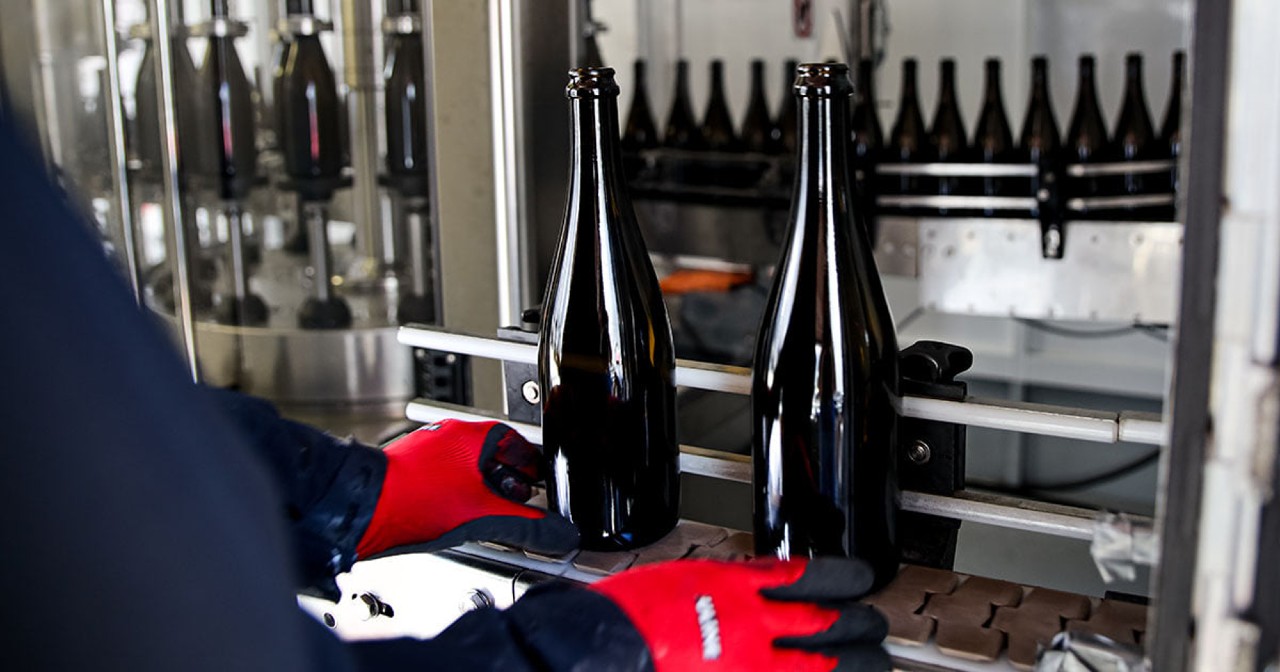
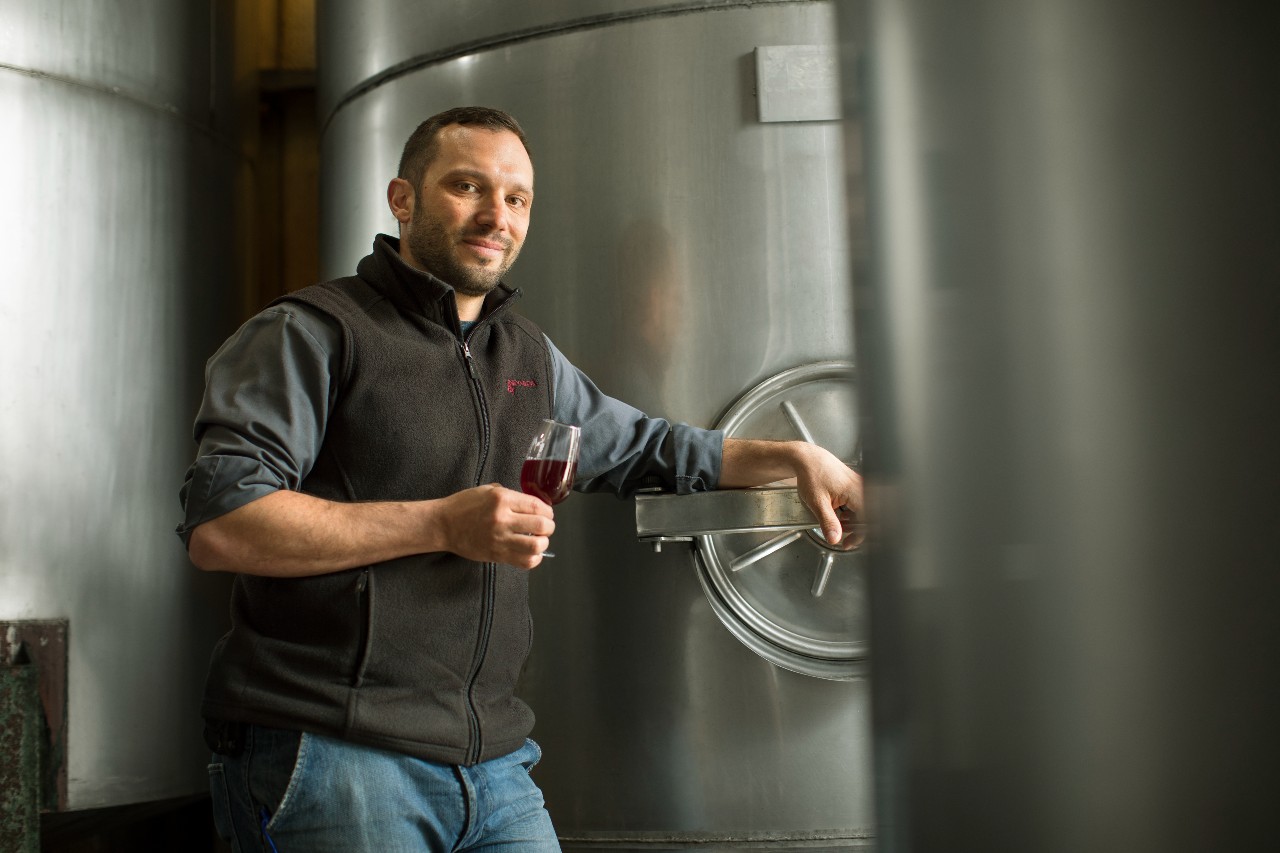
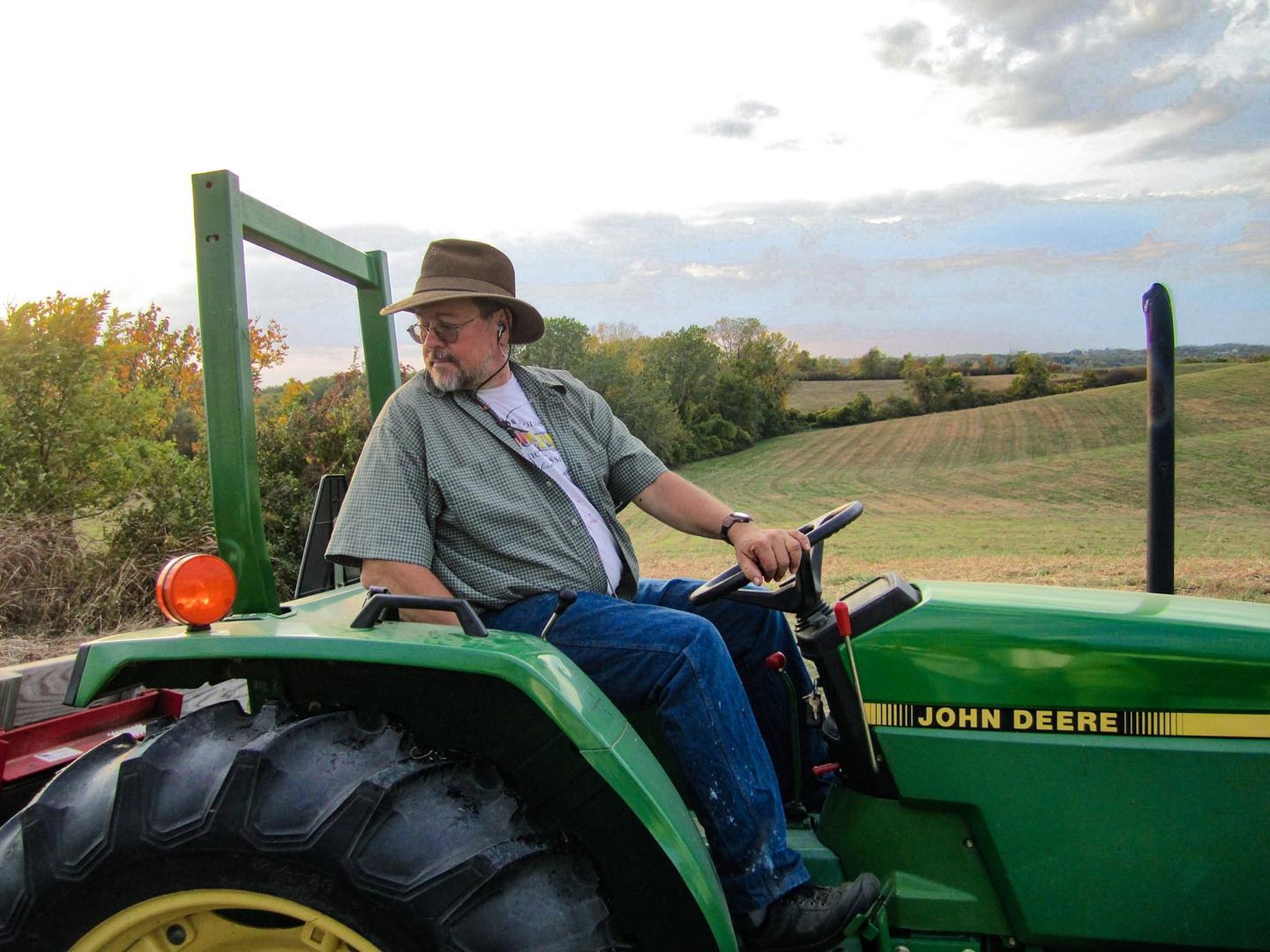
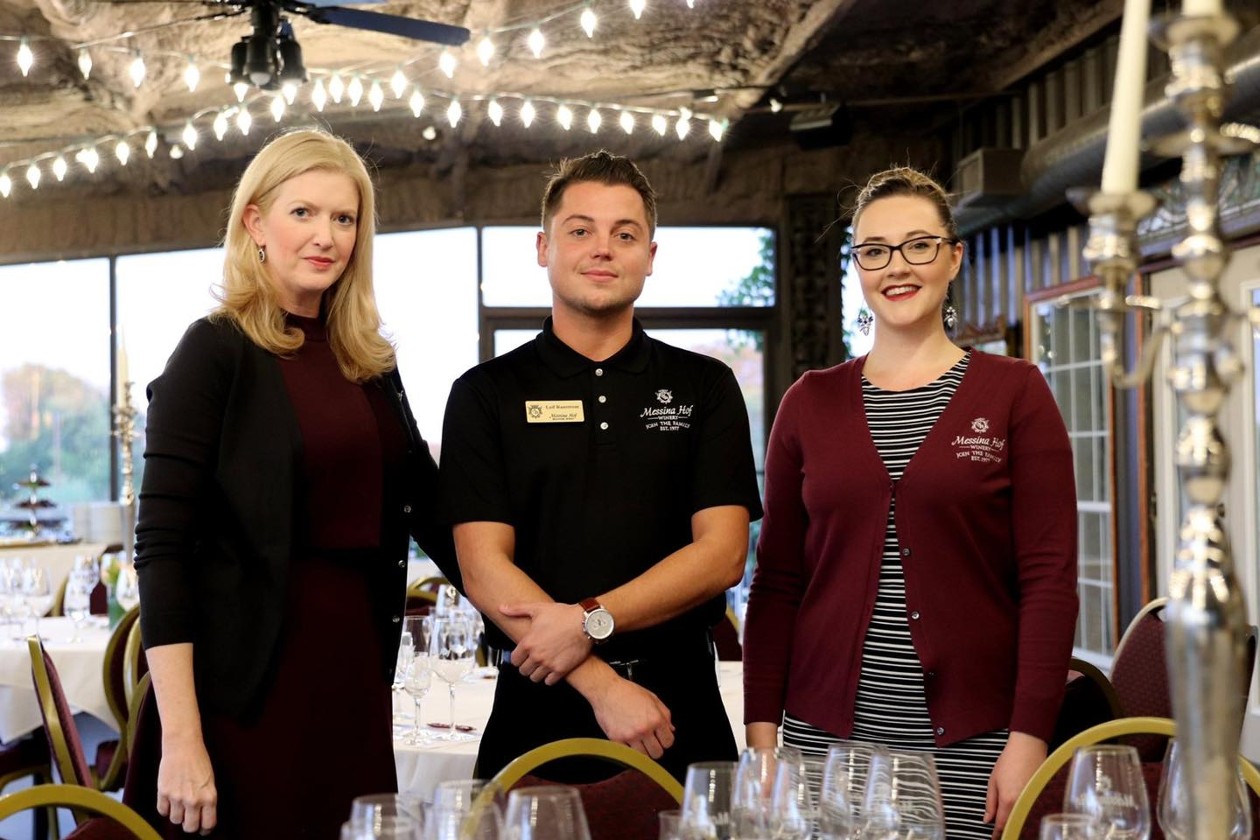
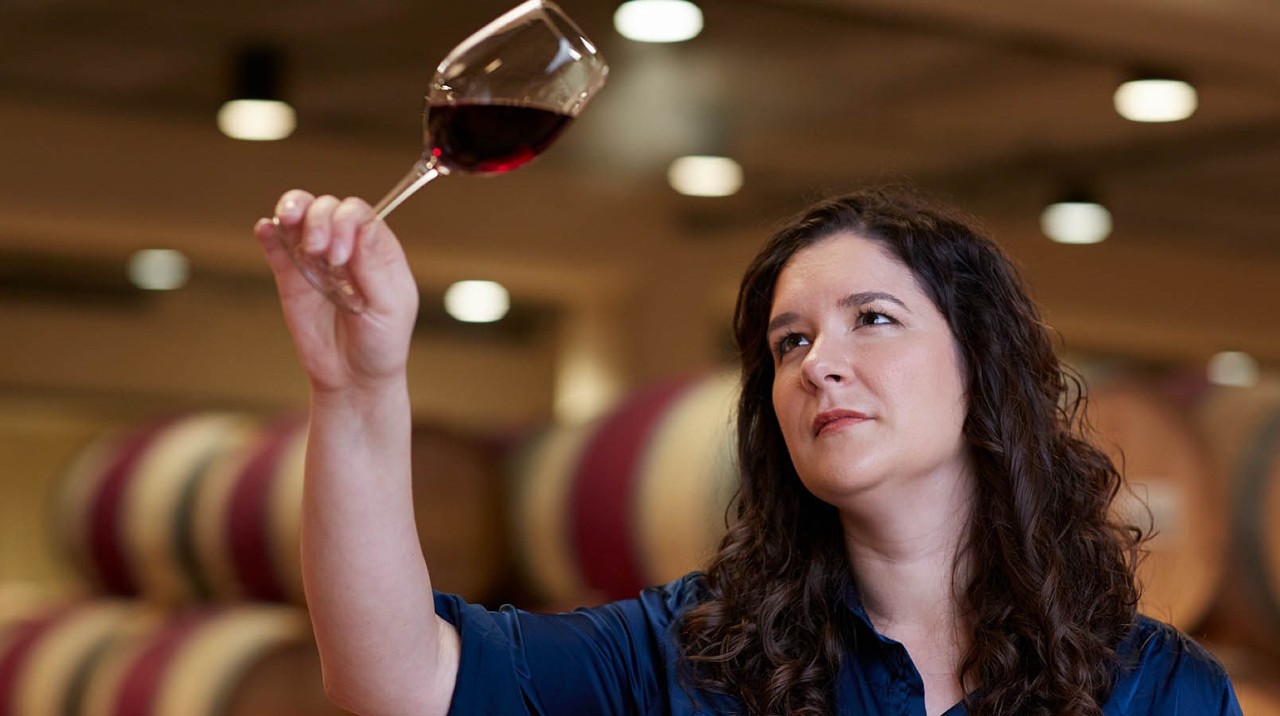


Be the first to comment